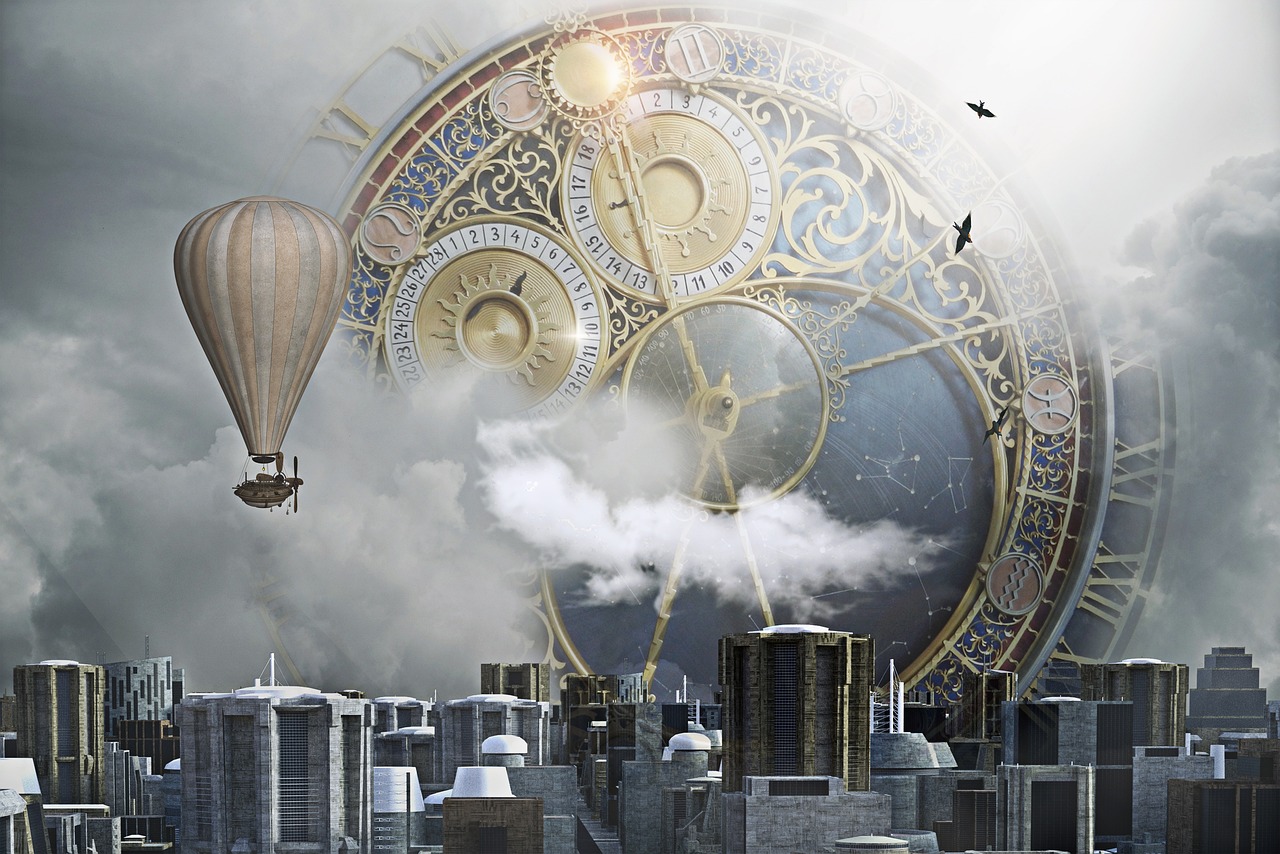Table of Contents
The Origins of Science Fiction: From Imagination to Reality
Science fiction has always been a genre that captivates our imaginations and takes us on exciting adventures. But where did it all begin? The roots of science fiction can be traced back to ancient times, where stories of fantastical creatures and otherworldly beings were passed down from generation to generation. These stories often served as a way for people to explain the mysteries of the world around them, and to explore the possibilities of what lies beyond their own reality.
However, it wasn’t until the 19th century that science fiction as we know it today began to take shape. With the advancements in science and technology during this time, writers began to envision a future where these advancements had a profound impact on society. They imagined worlds where humans could travel to other planets, where robots and artificial intelligence were a reality, and where time travel was possible. These early science fiction pioneers, such as Jules Verne and H.G. Wells, laid the foundation for the genre and set the stage for the incredible stories that would follow.
The Evolution of Science Fiction: From Pulp Fiction to Mainstream Phenomenon
In the early 20th century, science fiction stories were primarily published in cheaply produced magazines, often referred to as “pulps.” These magazines were filled with imaginative and thrilling tales of space travel, time travel, and encounters with extraterrestrial life. While these stories were often dismissed as mere entertainment, they played a crucial role in shaping the genre and introducing it to a wider audience.
As the decades passed, science fiction began to gain more recognition and popularity. It moved beyond the confines of pulp magazines and started to appear in more mainstream publications. Authors like Isaac Asimov, Arthur C. Clarke, and Ray Bradbury became household names, and their works were celebrated for their imaginative storytelling and thought-provoking themes. Science fiction began to explore deeper philosophical and ethical questions, pushing the boundaries of what was possible and challenging readers to think beyond their own reality.
Science Fiction and Society: Reflecting Our Hopes, Fears, and Aspirations
Science fiction has always been more than just entertainment. It has served as a reflection of our hopes, fears, and aspirations for the future. The genre has often been used as a vehicle to explore social and political issues, presenting alternative worlds and societies that force us to examine our own beliefs and values.
From dystopian societies like George Orwell’s “1984” to utopian visions like Aldous Huxley’s “Brave New World,” science fiction has provided a platform to explore the consequences of our actions and the potential dangers that lie ahead. It presents us with ethical and moral dilemmas that arise with advancements in technology and science, forcing us to confront the potential impact on our society and the world at large.
Science fiction has also been a source of inspiration for scientists, engineers, and inventors. Many of the technologies and innovations that were once considered science fiction have now become a reality. From smartphones to virtual reality, science fiction has often been the catalyst for technological advancements, pushing the boundaries of what is possible and sparking the imagination of those who seek to bring these ideas to life.
The Influence of Science Fiction on Popular Culture
Science fiction has had a profound influence on popular culture, shaping the way we think about the future and inspiring countless movies, television shows, and books. Iconic franchises like “Star Wars” and “Star Trek” have become cultural phenomena, capturing the hearts and imaginations of millions of fans around the world. These stories have introduced us to unforgettable characters, epic space battles, and futuristic worlds that have become synonymous with the genre.
Science fiction has also had a significant impact on literature. Novels like “Dune” by Frank Herbert and “Ender’s Game” by Orson Scott Card have become classics of the genre, exploring complex themes and pushing the boundaries of what is possible in storytelling. These works have not only entertained readers but have also challenged their perceptions of the world and encouraged them to think critically about the future.
In addition to literature and film, science fiction has permeated every aspect of our entertainment industry. Video games, comics, and even music have been influenced by the genre. The futuristic gadgets, alien creatures, and epic space battles have become staples of popular culture, captivating audiences across the globe and inspiring new generations of storytellers.
Science Fiction Today: Exploring New Horizons
In the 21st century, science fiction continues to evolve and explore new horizons. With advancements in technology, such as virtual reality, artificial intelligence, and genetic engineering, science fiction has become even more relevant and thought-provoking. Authors and filmmakers are constantly seeking to challenge our perceptions of the world and push the boundaries of what is possible.
One of the emerging trends in science fiction is the exploration of the impact of technology on our society and our humanity. Works like “Black Mirror” and “Westworld” examine the ethical implications of advancements in areas like artificial intelligence and virtual reality, raising important questions about the potential consequences of our actions.
Science fiction is also becoming more diverse and inclusive, featuring stories and characters from a wider range of backgrounds and perspectives. This shift reflects a changing society and a recognition of the need for representation in storytelling. By introducing diverse voices and experiences, science fiction is able to tell more nuanced and complex stories, and to challenge our preconceived notions of what the future may look like.
As we venture further into the 21st century, science fiction will undoubtedly continue to push boundaries and explore new frontiers. It will continue to inspire, entertain, and challenge us, inviting us to imagine a future that is both exciting and uncertain. In the great tradition of the genre, science fiction will remain an enigmatic realm that invites us to unravel its meaning and discover the infinite possibilities that lie within.

